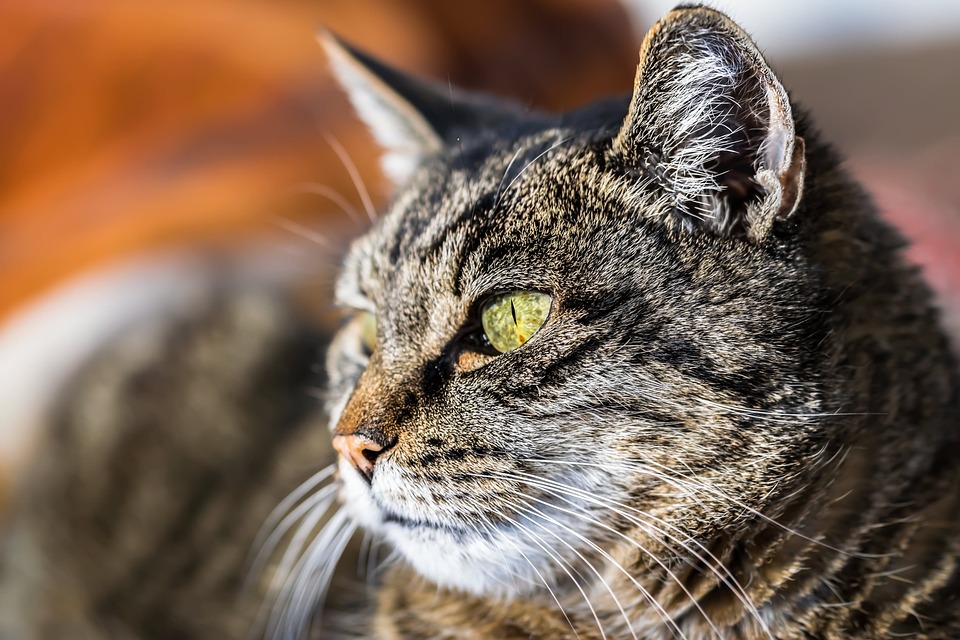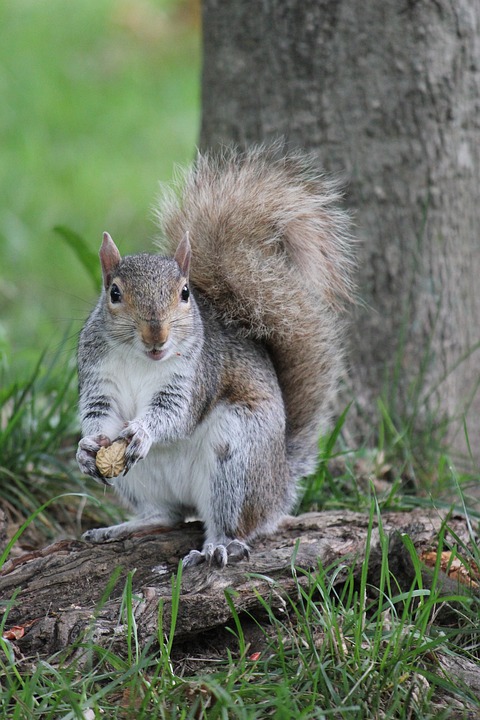Today’s mammals face a myriad of challenges that their ancestors didn’t have to contend with. In addition to the looming threats of habitat loss and climate change, there is a third factor at play: the illegal wildlife trade. This nefarious practice involves the extraction of animals from their natural habitats for profit, whether as pets or for their valuable parts. One of the most heavily trafficked mammals in the world, the pangolin, is a prime example of the extreme consequences of this illicit trade.
The pangolin, with eight species in total – four in Asia and four in Africa, is coveted for its claws, scales, and meat, which are sought after for use in traditional medicines. Despite international laws and trade bans aimed at protecting these creatures, poachers and traffickers have proven adept at circumventing regulations and smuggling pangolins under the radar.
According to the David Shepard Wildlife Foundation, a pangolin is snatched from the wild every four minutes. Shockingly, a study revealed that nearly 895,000 pangolins were trafficked between August 2000 and July 2019, although experts believe this figure is likely an underestimate.
So, what exactly is a pangolin? These small, scale-covered mammals are the only known scaly mammals and primarily feed on termites and ants using their long, sticky tongues. Due to their unique combination of scales and diet, they are often referred to as “scaly anteaters.” Pangolins are solitary and elusive creatures, rolling up into a ball when threatened to protect themselves.
Three of the eight pangolin species – the Chinese, Sunda, and Philippine pangolins – are classified as critically endangered by the IUCN Red List, largely due to relentless hunting. The exploitation of pangolins by humans dates back to at least 480 CE, with traditional medicine prescriptions for pangolin scales tracing back to this time.
The highest demand for pangolin parts comes from China and Vietnam. However, in a positive development, China implemented stricter protective measures in June 2020, banning the consumption of Chinese pangolins and the use of pangolin scales in traditional medicine. Additionally, the UK Government allocated £40 million to support conservation projects, including efforts to reduce the demand for pangolin scales.
In conclusion, the illegal wildlife trade poses a significant threat to the survival of pangolins and other vulnerable species. Efforts to combat this trade through legislation, enforcement, and conservation initiatives are crucial in safeguarding these unique mammals for future generations. It is imperative that we continue to raise awareness, support conservation efforts, and work towards ending the exploitation of wildlife for profit.





